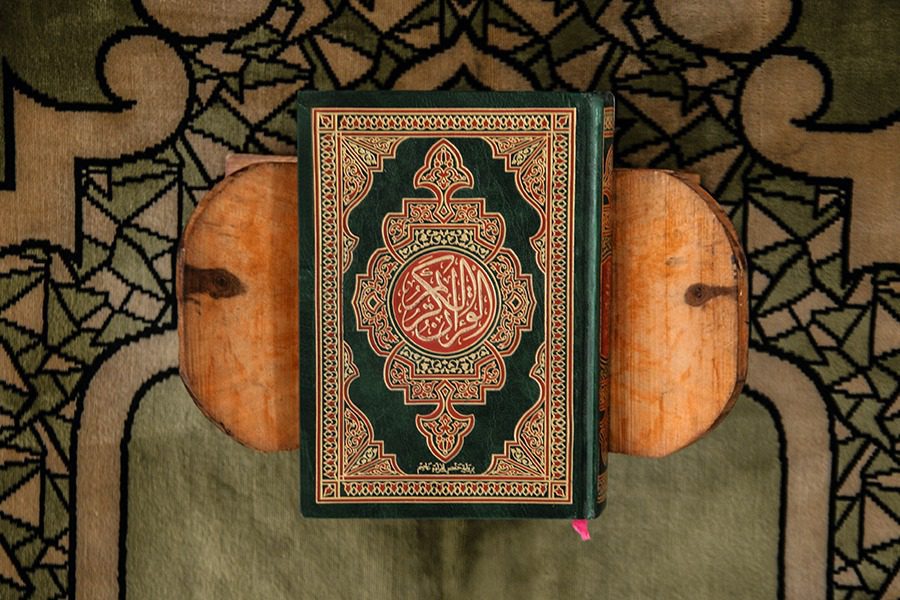Muslims think that the Quran is not simply divinely inspired, but the literal word of God. The last Prophet(ﷺ) did not write it as he did not know how to write but several of his companions served as scribes, recording the revelations. Thus, the Quran was compiled by the companions after his death, who had written down or memorized parts of it.
In some cases, the Quran summarizes some, dwells at length on others, and presents alternative accounts and interpretations of events. Thus, it is described as a book of guidance for mankind. In this book, some detailed accounts of specific historical events are discussed, and it often emphasizes the moral significance of an event over its narrative sequence. It is recited in Arabic, its original language, during the prayers.
Reading the Quran:
A few days back, one of my elders asked me that in how many days I used to finish reading the whole Quran. Since I’ve been so busy with work that I barely finished the first couple of chapters, so I felt embarrassed. But on Ramadan days I’m blessed to finish it in a month as I get to read it every day.
Hence, reading the holy Quran has a magical influence on Muslims, and even though some don’t realize it, it does feed the heart and mind. So, I thought about the solution and realized that it’s easy to finish reading the Quran just in 30 days.
After every prayer, we can easily read four pages, which is equal to 600 pages in 30 days. Thus, the Quran has 604 pages and we can finish reading it just in 30 days.
Some more details of the Quran:
Chapters of varying lengths, it has 114 surahs, classified as Meccan or Medinan, depending on whether the verses were revealed before or after the migration of Muhammad(ﷺ) to the city of Medina.
Known as Ayaat, each sūrah consists of several verses, which originally means a “sign” or “evidence” sent by Allah. Every Surah contains a different number of verses. An individual verse may be just a few letters or several lines.
In a month, the 30 juz’ (plural ajzāʼ) can be used to read through the entire Quran. therefore, the holy book of Muslims is also divided into seven approximately equal parts, manzil (plural manāzil), for it to be recited in a week.















